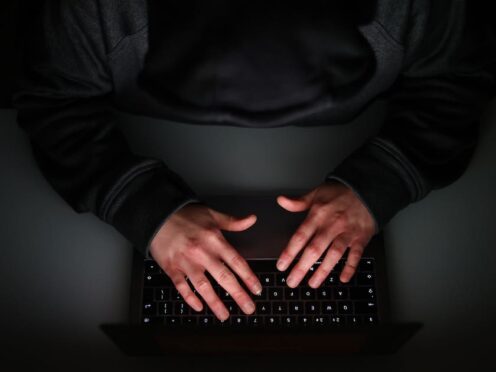Only one in five people in the UK can correctly identify a secure password over a risky one, according to new research.
A study from the Institution of Engineering and Technology (IET) to mark World Password Day on Thursday found that 20% of the public were also using the same password for multiple websites and devices, with many using pet names or a significant date – all practices discouraged by cybersecurity experts.
This approach is despite 65% saying they are scared of being hacked in the future, and 84% saying they believe hackers are becoming more inventive.
The IET said it had published its research – which included a survey of 2,000 people aged 16 and over in the UK – to help raise awareness about the need for strong passwords.
The study highlighted what it said were misconceptions about password safety among the public, with 38% of people believing that replacing letters with numbers is more secure when it comes to a password, with a further 45% thinking it makes them harder to guess, which the IET said is not the case.
In its study, only 20% correctly said that using three random words was a more secure form of password.
Dr Junade Ali, cybersecurity expert and IET fellow, said: “In our evolving online world, having strong passwords is more important than ever as hackers are targeting multiple accounts of victims due to weak and predictable passwords.
“The IET’s research shows that 65% of people think passwords should never be written down, and 77% think changing passwords frequently makes them more secure, despite expert advice recommending otherwise.
“If you use the same password for every website and the password is breached from one site, all sites can be compromised without the attacker needing to try any other passwords – this is known as credential stuffing. However, there are some easy and simple ways to strengthen your defences against cyber threats.”
The IET has published a range of recommendations around password safety to help improve user security.
It urges users to create randomly generated, long, unique passwords for each website, and says that in general, the longer a password is, the better.
It also encourages people to use a password manager to store passwords, and one that can alert you if they are involved in a data breach.
